COVID-19 Stories of Change: MH+WB, Kenya
Jul 16, 2020
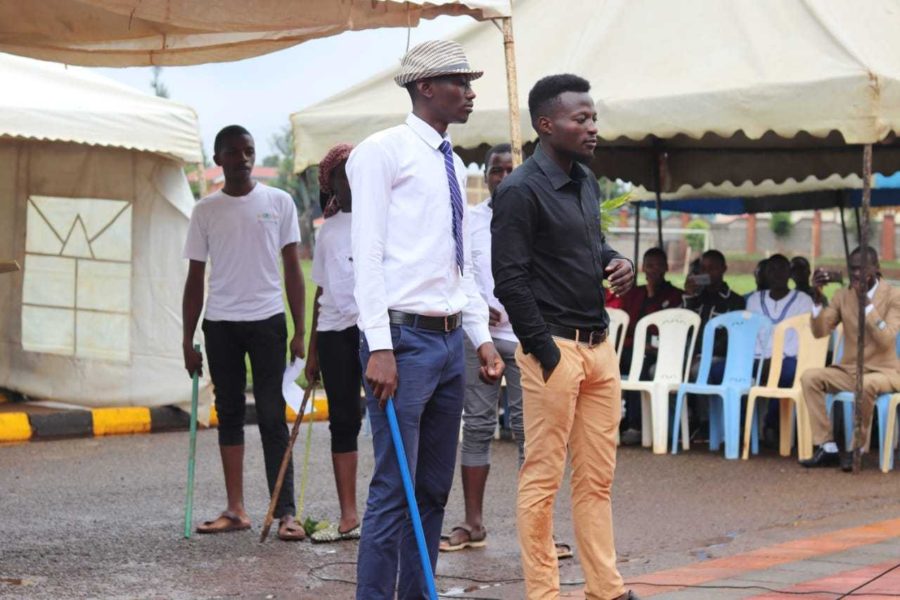
These are testing times for the mental health projects we are working with. Each has had to think quickly, adapt & overcome challenges due to COVID-19. Each has had a unique journey, which we're going to share them through our COVID-19 Stories of Change series.
Kenya-based Mental Health & Wellbeing (MH+WB) seek to fight mental health stigma and promote better mental health among university students through student and staff-led collaborative approaches. Physical interactions form the core of university experience and their programmes and with the COVID-19 pandemic, that wasn’t possible. Here’s how they have evolved a response strategy to the pandemic.
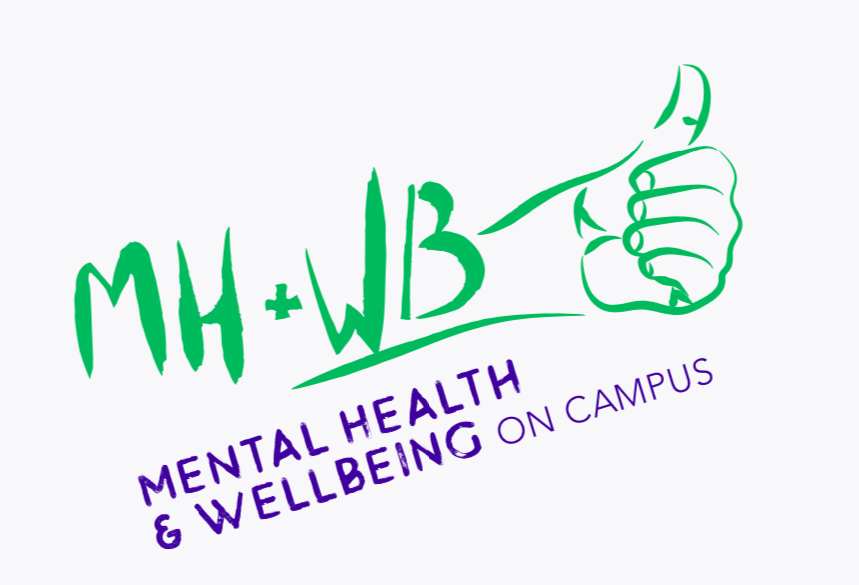
What were the greatest challenges?
As the COVID-19 pandemic brought universities to a close, 80% to 90% of the activities conducted by MH & Wellbeing also had to stop. In order to keep the remaining 10% to 20% going, the activities needed to be taken online. In doing so, the team faced certain challenges in students’ access to digital spaces. The majority of the students that MH & Wellbeing works with come from low-socio-economic backgrounds; some of the students do not own a smartphone that would enable them to participate in online activities, or are unable to afford internet coverage that is needed to be connected.
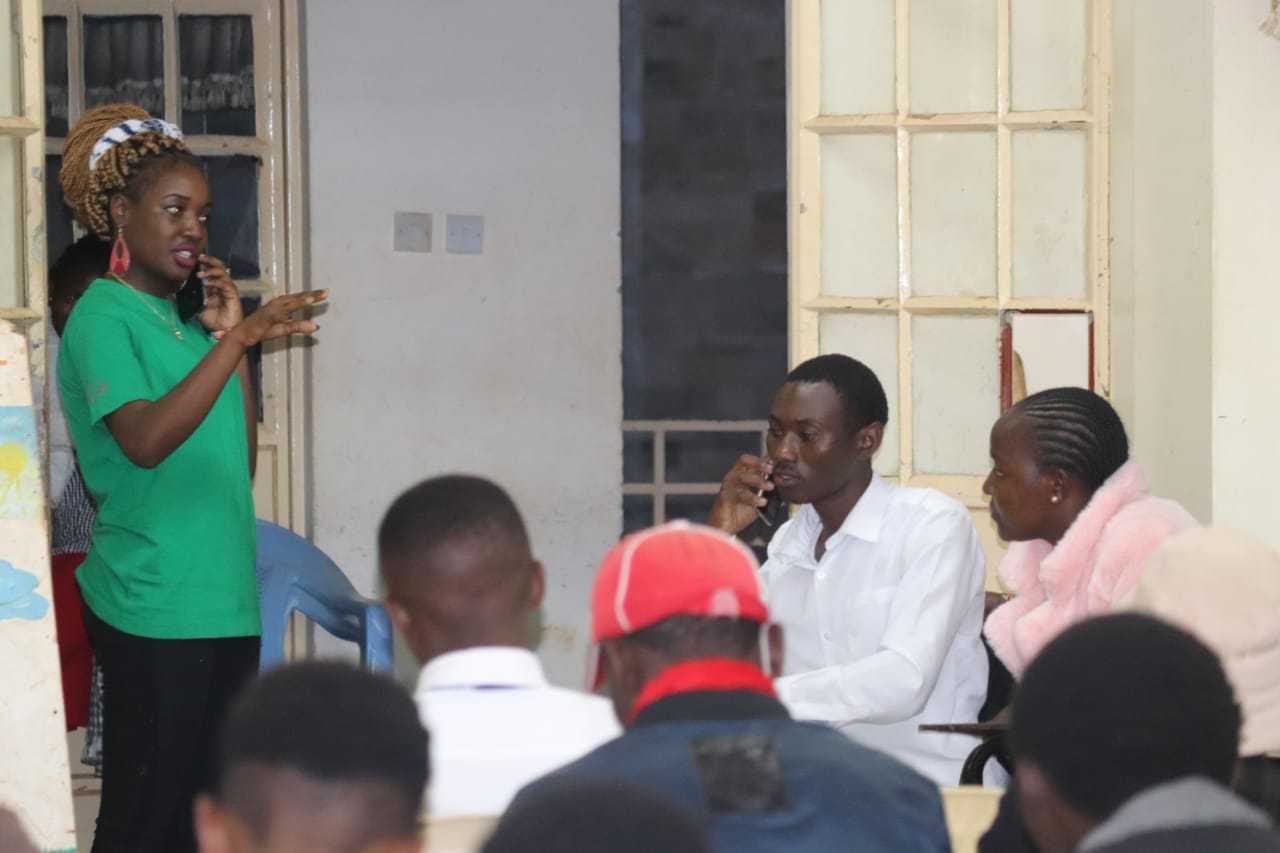
Further, as the pandemic progressed, the team noticed an exponential increase in the mental health needs of the youth they support. This rise in workload and responsibilities due to the increase in demand for support provided by the programme, coupled with the team’s own fears regarding the pandemic, such as risk of infection, meant that sustaining the team’s wellbeing and morale became challenging at times.
How have they adapted?
Nonetheless, MH & Wellbeing met these challenges with creativity and dedication. The use of technology has been a central element to MH & Wellbeing’s adaptation process. Using a variety of platforms such as Zoom, Whatsapp, Instagram and Facebook, the programme’s theatre activities, mental health awareness efforts and peer support services have all been migrated to the online space. For example, the Forum Theatre that took place pre-COVID has now become more of a radio show where the use of sounds is pivotal.
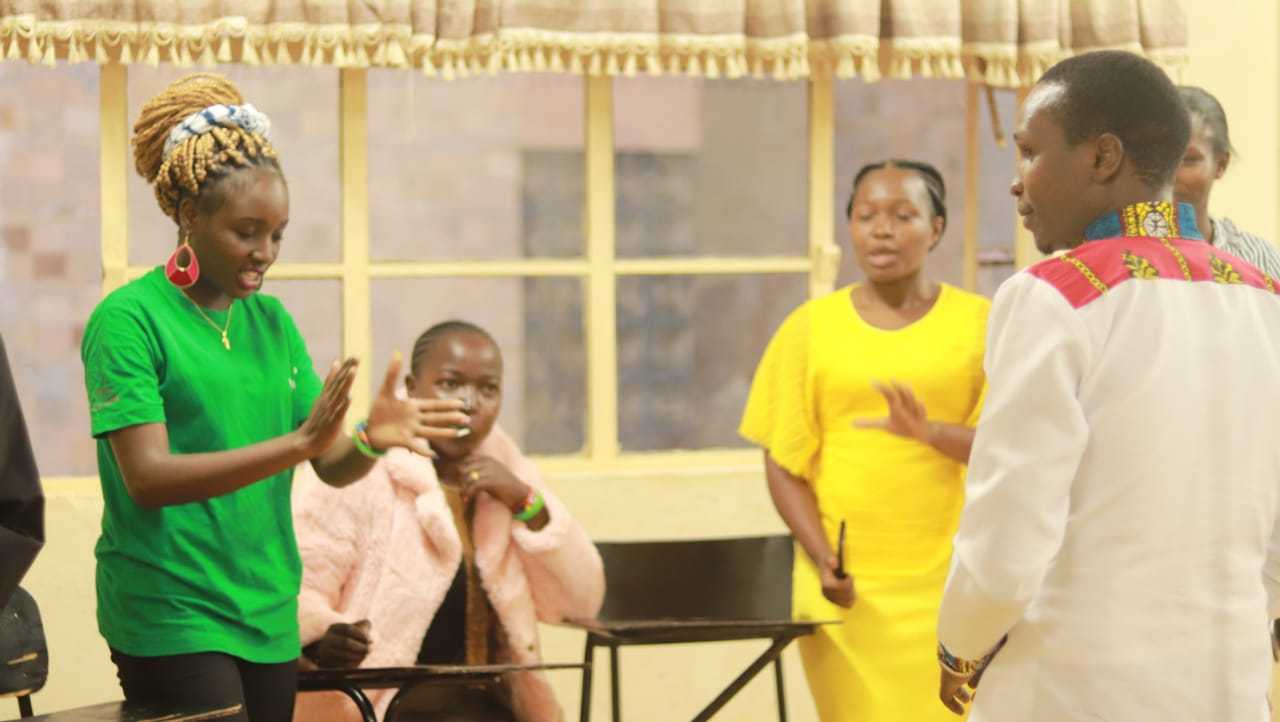
These online activities have been received very positively by students – technology has given the youth a medium via which to channel the negative feelings produced by the current state of affairs. The team also describes that the Ember Transformation Fund was of great help in providing material or financial resources to those students that were previously not able to connect online. During this period, the team at MH & Wellbeing have been actively communicating with the youth that they work with, as well as their partners and funders, to ensure that they remain well-informed of emerging needs and that they can collectively continue to adapt and transform their activities as the pandemic evolves.
What were the enablers?
Communication within the team has been a key component to enabling the adaptation of the programme amid COVID-19. The value of collaboration and teamwork has been strengthened during this time; working as a unit to find solutions to the challenges posed by the pandemic has been key to carrying on.
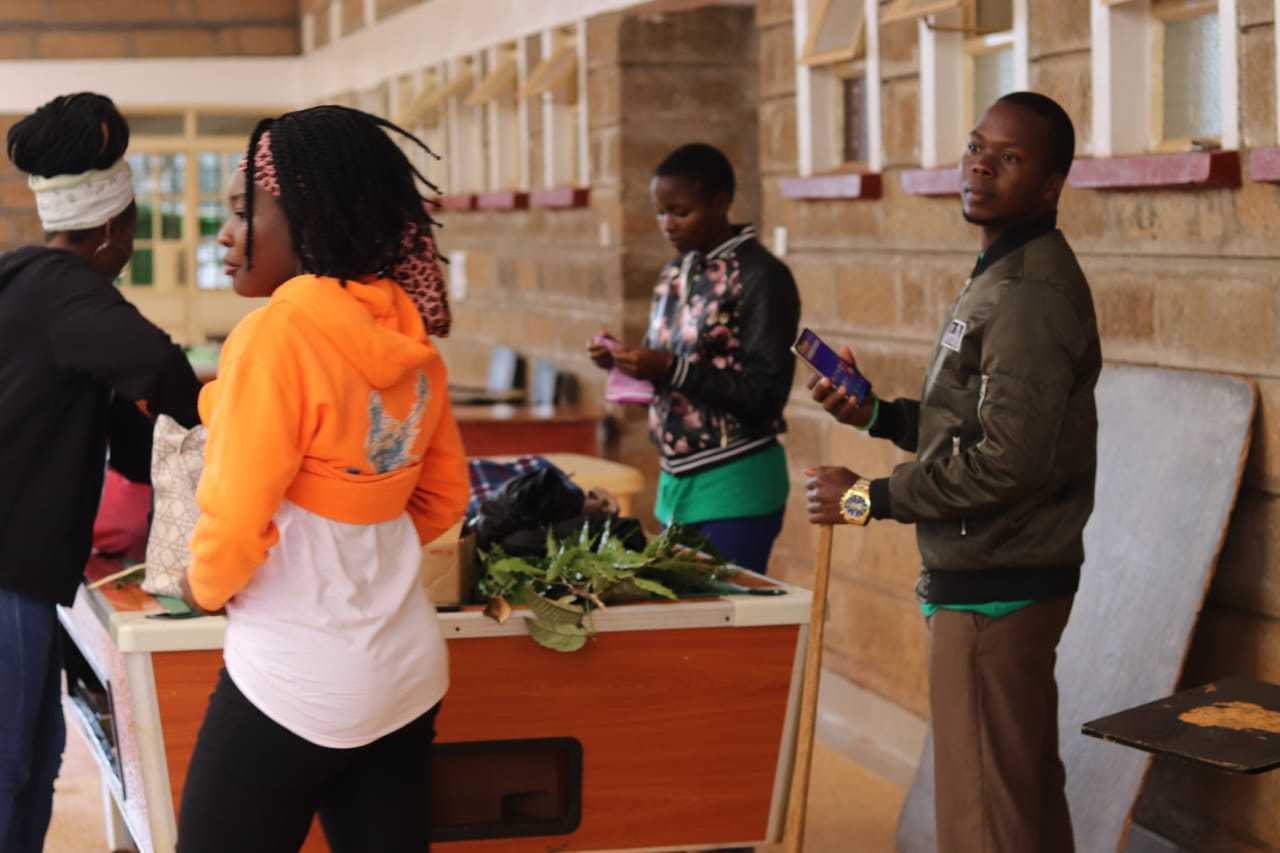
The students’ level of participation has also been an important factor in the activities working well and the team describes that it has been really encouraging to see this response. Further, the COVID-induced global awakening to the lack of awareness of mental health conditions and the low investment in this area, has made the sensitisation activities carried out by the programme to become more relevant than ever. The team says that this gives them high hope for the future of their work.